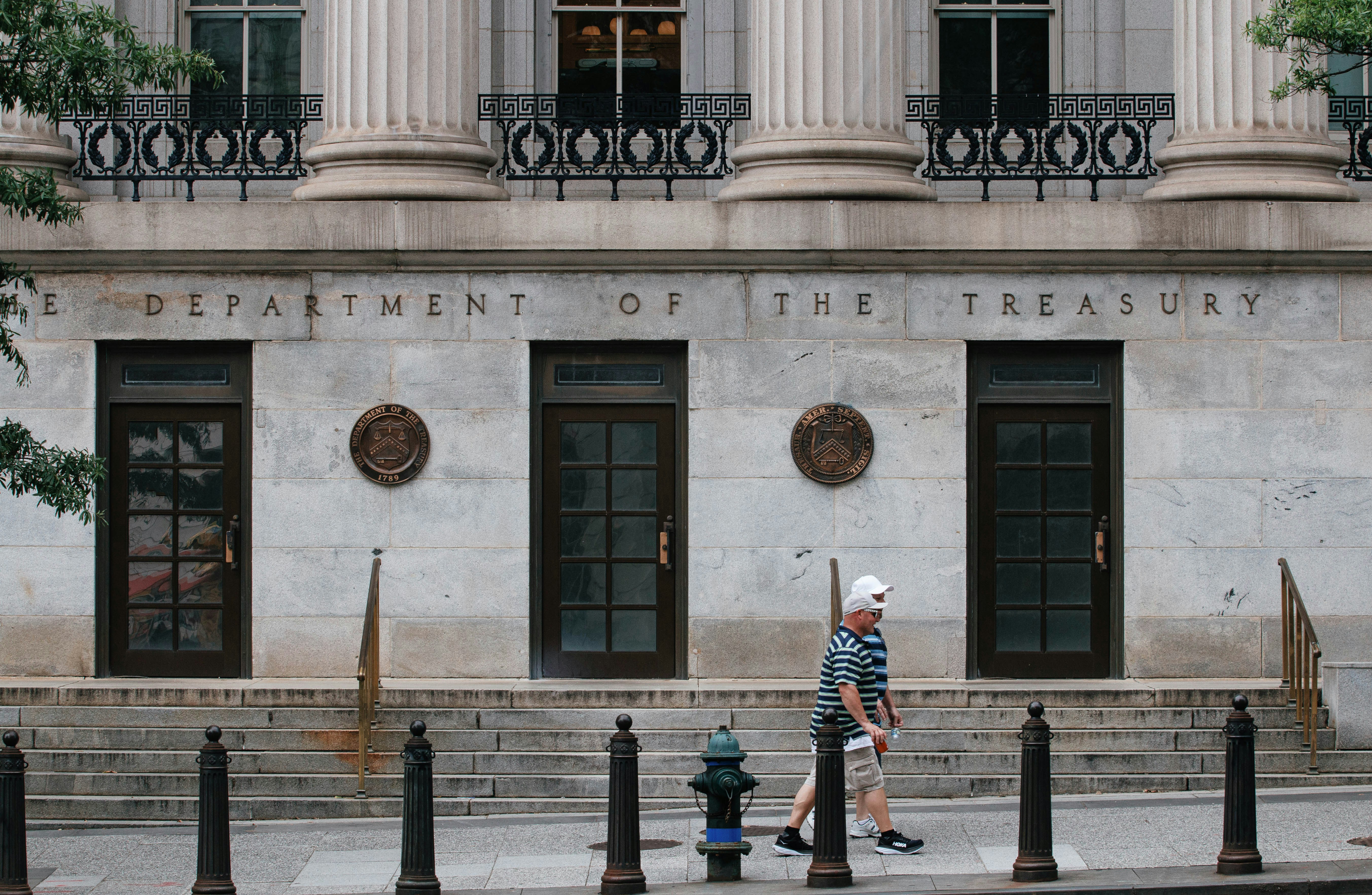CFPB’s Chopra: Overdraft Rule Wouldn’t Harm Liquidity
Bureau director says consumers still could use overdrafts as source of available assets.

.jpg)
As the CFPB continues to work on a rule governing overdraft programs at credit unions and banks, agency director Rohit Chopra attempted to assure a Senate committee Wednesday that the bureau will not regulate such programs out of existence.
“We are looking at a number of actions,” he told the Senate Banking Committee, acknowledging that overdrafts assist consumers when they temporarily need money.
“We have to address the harms while still allowing consumers to be able to access the liquidity when there is a shortfall,” he said, adding that lower-income people need such access, but that some financial institutions take advantage of consumers by charging larger-than-needed fees.
‘Junk Fees’ Controversy
Some credit unions and banks have lowered or eliminated overdraft fees. The Biden Administration has repeatedly attempted to lump overdraft and credit card late fees into the single category of “junk fees.” Credit union trade groups have blasted administration officials for using that term, arguing that financial institutions are simply trying to recoup the cost of attempting to collect money that consumers owe.
Chopra noted release of an overdraft rule is not imminent while Banking Committee member Sen. Elizabeth Warren, D-Mass., urged the agency to continue to try and crack down on “junk fees.”
“Those junk fees can really add up,” she said.
In response, Chopra said the CFPB is “still working through” its proposed rule restricting credit card late fees. Earlier this week, a coalition of progressive and consumer groups sent Biden Administration officials a letter asking them to rein in such fees.
Differing Opinions
As they had been on the House side Wednesday, Democrats and Republicans were divided on the quality of the bureau’s work.
“The CFPB levels the playing field so that honest people don’t get penalized for running a good business the right way,” said Banking Committee Chairman Sen. Sherrod Brown, D-Ohio. He added that there is no other federal agency with the ability to “take on greedy big corporations and shady lenders.”
Committee ranking Republican Sen. Tim Scott of South Carolina had a vastly different view, saying that the agency has issued “misguided and partisan political regulations,” and was guilty of a “blind pursuit for more power.”
Consumer Groups Support Card Fee Rule
The hearing came as a group of 47 consumer and progressive groups sent administration officials a letter pressing them to finalize the credit card late fee rule. The letter was accompanied by a petition organized by Consumer Reports in support of the regulation, which had almost 40,000 signatures.
“Over time fees have been raised by the card issuers to increase fees with inflation, even if they face no additional costs for servicing the late payment,” the groups, which included the Center for Responsible Lending and Americans for Financial Reform, wrote.
They noted further that people with a low income pay proportionately larger fees, given they tend to have smaller credit card balances. “A flat $30 or $41 late fee due on a small amount of money owed means fees cost much more percentagewise than they would on a larger debt,” the groups stated.
The letter concludes: “The proposed rule will greatly benefit consumers—especially people living paycheck to paycheck, including low- and moderate-income people and people of color—and make it easier for all consumers to make required credit card payments and stay on track with paying other household expenses.”
CFPB

















.jpg)
.jpg)
.jpg)





